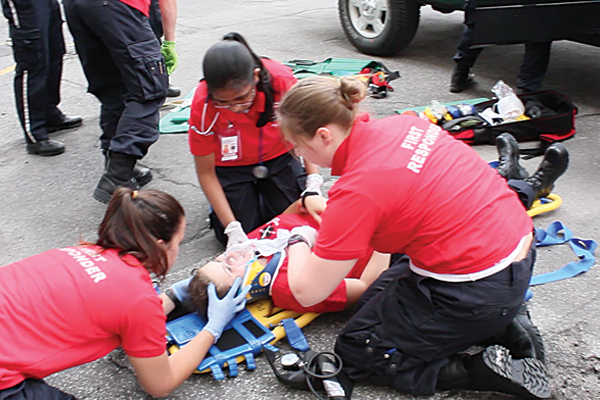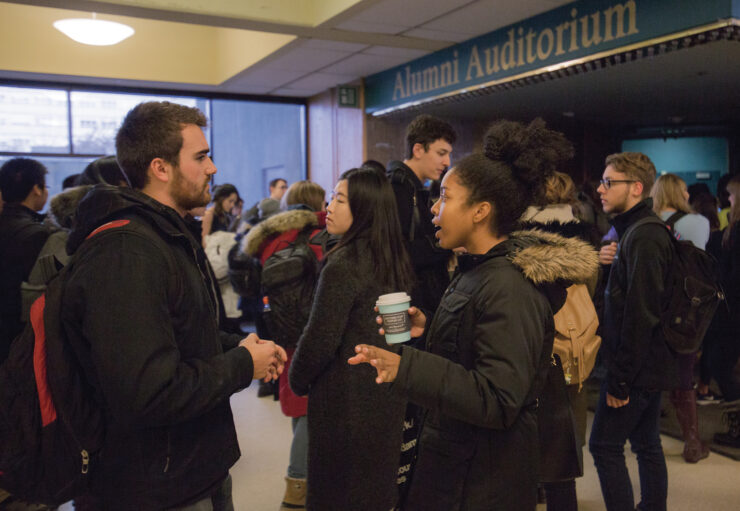Former U of O professor suspect in 1980 Paris synagogue bombing
Illustration by Tina Wallace
Hassan Diab, a former University of Ottawa and Carleton University professor, stood trial against terrorist allegations at the Court of Appeal for Ontario on Nov. 4–5.
Diab, 59, faces extradition to France over a 1980 synagogue bombing in Paris where four people were killed and several more injured.
Diab denied the allegations and challenged the decisions of an Ontario judge and the federal justice minister over his extradition.
“(The charter) requires that the court not be a rubber stamp,” Diab’s lawyer Marlys Edwardh told the judges.
Edwardh said a jury “could never reasonably convict,” based on this evidence.
At the request of French authorities, Diab was arrested in November 2008. He is currently out on strict bail. He is required to wear a GPS ankle bracelet, has a nightly curfew of 9 p.m., and is required to cover the cost of his monthly surveillance. He is allowed to leave his house only for medical or legal reasons with an approved escort.
“I am innocent of the accusations against me,” Diab said in an interview with the Ottawa Citizen. “I did not do it. I have never engaged in terrorism. I am not an anti-Semite and have always been opposed to bigotry and violence.”
The case relies mainly on handwriting analysis done by French experts linking Diab to the attack. Handwriting on a hotel registration card, believed to have been written by the bomber and which included a fake name, was linked to Diab by French expert Anne Bisotti who said there was a “very strong presumption” that Diab wrote it.
Even though Ontario Superior Court Justice Robert Maranger ruled that France had presented “a weak case,” and the likelihood of Diab seeing fair trial in France is slim, he said Canada’s extradition laws require Diab to be handed over.
Former Canadian justice minister Rob Nicholson signed an extradition order sending Diab to France on April 4, 2012.
The defence argued that under Canada’s current extradition laws, a person could only be turned over to stand trial, not to undergo further investigation. French authorities have yet to decide whether Diab will face trial, therefore the defence maintains his surrender would be illegal and unjust.
Federal Crown prosecutors dismissed some evidence because they were unable to verify whether it had been acquired through torture, but the defence claimed French authorities would allow the withdrawn evidence in court. In Canada, evidence acquired through torture is deemed inadmissible.
Diab has been battling his extradition order for the past two years. Amnesty International, the British Columbia Civil Liberties Association, and the Canadian Civil Liberties Association intervened on Diab’s behalf during the hearing.




